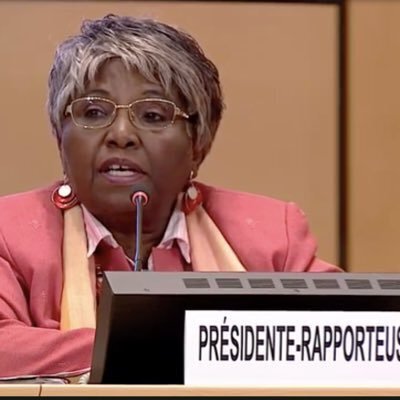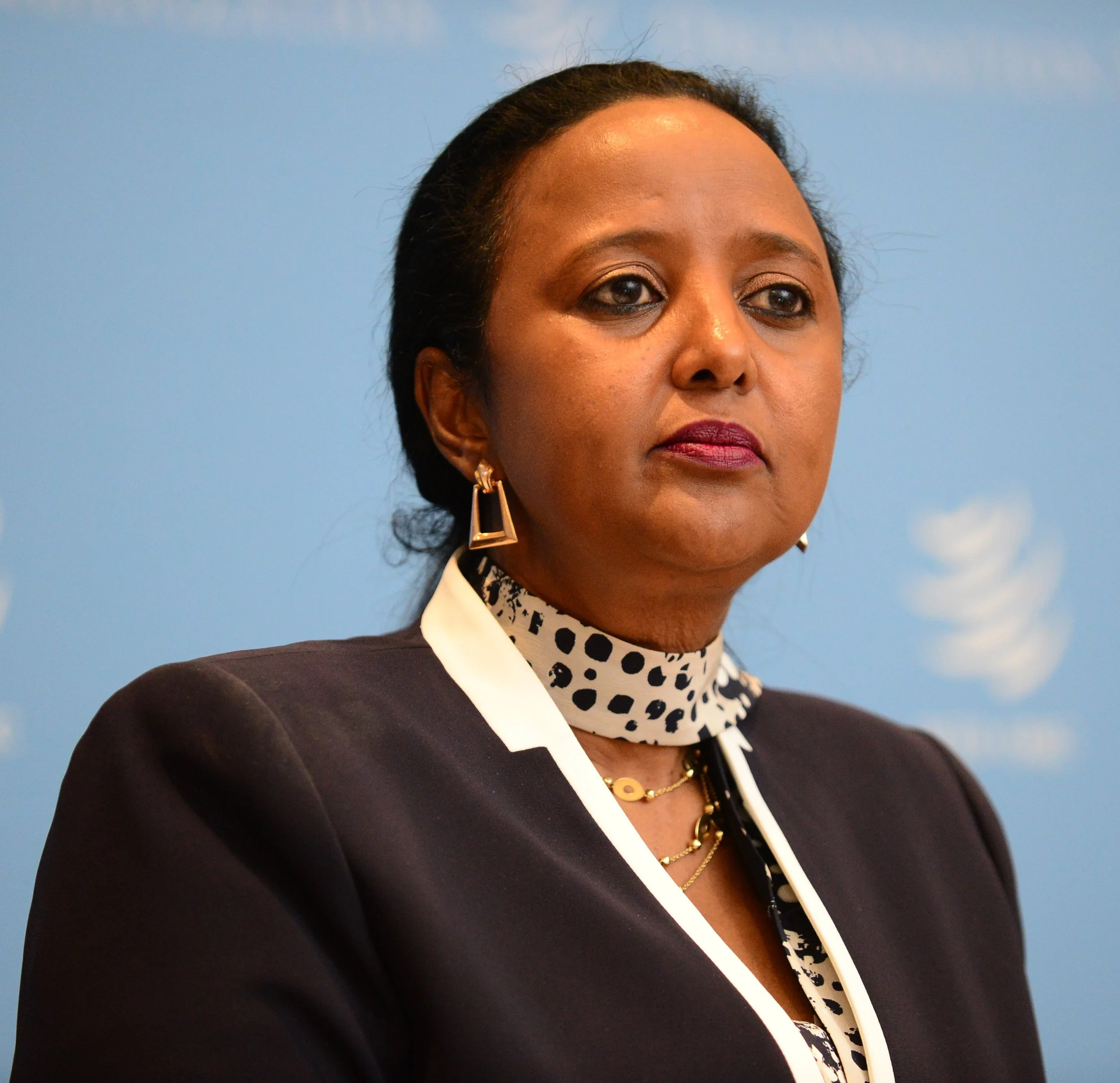Event Description
Join PILPG on October 2 at 12:00 pm ET for an expert roundtable on the language of peace agreements.
Peace agreements are central tools in efforts to end armed conflicts and build sustainable peace. The words chosen in these agreements matter greatly—language can open pathways to compromise, provide guarantees of rights and protections, and establish mechanisms for implementation. At the same time, drafting peace agreements is a complex task that requires careful attention to legal precision, political sensitivities, and the lived realities of parties and communities affected by conflict.
This Roundtable will focus on the drafting of peace agreements, with particular attention to the role of language and the lessons learned from past negotiations. In light of the publication of the PILPG handbook containing draft language for peace agreements, the discussion will examine how language choices shape outcomes and how model provisions can serve as useful tools for future negotiations. During this Roundtable, experts will share their experiences from the negotiation and drafting table, highlighting both challenges and best practices. The conversation will be moderated by PILPG Managing Director Professor Milena Sterio.
The event is part of the PILPG Thought Leadership Initiative. The Initiative focuses on prominent international law and international affairs topics and organizes monthly expert roundtables to share expertise and reflections from our work on peace negotiations, post-conflict constitution drafting, and atrocity crimes prosecution.
Speakers
Amb. Yvette Stevens
Executive in Residence at the Geneva Center for Security Policy. Ambassador Stevens has had a broad and long career in the UN and as Ambassador of Sierra Leone to the United Nations in Geneva, represented her country at the Human Rights Council from 2013 to 2018. Most recently, from 2019 to 2020, Ambassador Stevens was a chair-rapporteur of the Human Rights Council expert group on Prevention.
Tyler Jess Thompson
Co-Founder and Chief Negotiation Officer at Expeditionary, pioneering the integration of AI and other technologies with proven negotiation strategies to enhance outcomes in high-stakes environments. As a founding member of the U.S. State Department’s Negotiations Support Unit, Tyler advised Secretaries of State, ambassadors, special envoys, and foreign heads of state on peace processes, ceasefires, and crisis diplomacy.
Amb. Amina C. Mohamed
Kenyan diplomat, lawyer, and negotiator with a distinguished career in both public and foreign service. She served in three Government Ministerial portfolios: Cabinet Secretary in the Ministries of Foreign Affairs and International Trade; and Education, Science and Technology; and Sports, Culture and Heritage. Before that, she served as Ambassador/Permanent Representative to the UN, World Trade Organization, and the Conference on Disarmament in Geneva, Switzerland.
Dr. Paul R. Williams
Founder of the Public International Law & Policy Group and the Rebecca Grazier Professorship in Law and International Relations at American University. As a world-renowned peace negotiation lawyer, Dr. Williams has assisted over two dozen parties in major international peace negotiations and has advised numerous parties on the drafting and implementation of post-conflict constitutions.
MODERATOR
Professor Milena Sterio
Milena Sterio is the Managing Director of PILPG and the Charles R. Emrick Jr. - Calfee Halter & Griswold Professor of Law at Cleveland State University’s Cleveland-Marshall College of Law. She is a leading expert on international law, international criminal law and human rights. Sterio leads PILPG’s Thought Leadership Initiative.
Sterio is one of six permanent editors of the prestigious IntLawGrrls blog, and a frequent contributor to the blog focused on international law, policy and practice. In the spring of 2013, Sterio was selected as a Fulbright Scholar, spending the semester in Baku, Azerbaijan, at Baku State University. While in Baku, she had the opportunity to teach and conduct research on secession issues under international law related to the province of Azerbaijan, Nagorno-Karabakh. Serving as a maritime piracy law expert, she has participated in meetings of the United Nations Contact Group on Piracy off the Coast of Somalia as well as in the work of the United Nations Global Counterterrorism Forum. Sterio has also assisted piracy prosecutions in Mauritius, Kenya and the Seychelles Islands. Sterio is a graduate of Cornell Law School and the University of Paris I, and was an associate in the New York City firm of Cleary, Gottlieb, Steen & Hamilton before joining the ranks of academia full time. She has published seven books and numerous law review articles. Her latest book, “The Syrian Conflict’s Impact on International Law,” (co-authored with Paul Williams and Michael Scharf) was published by Cambridge University Press in 2020.






